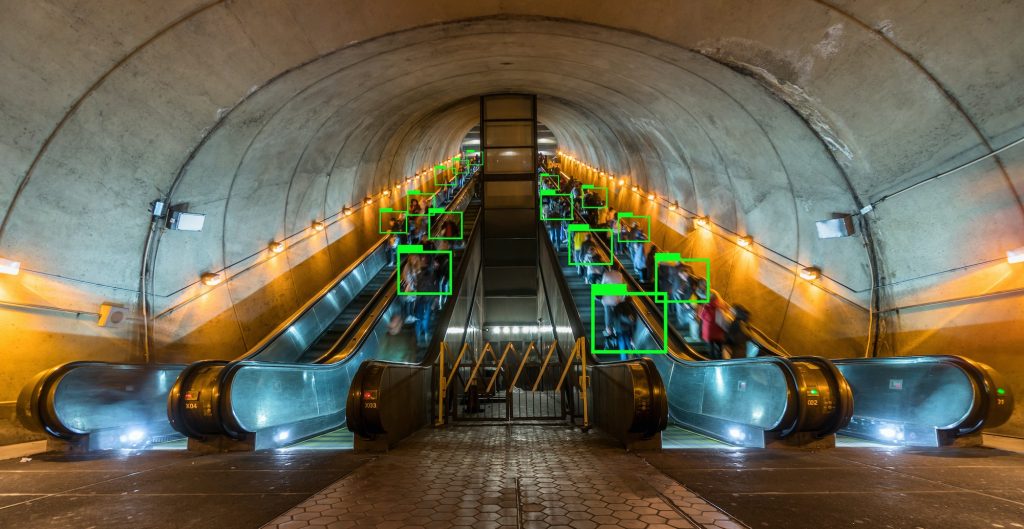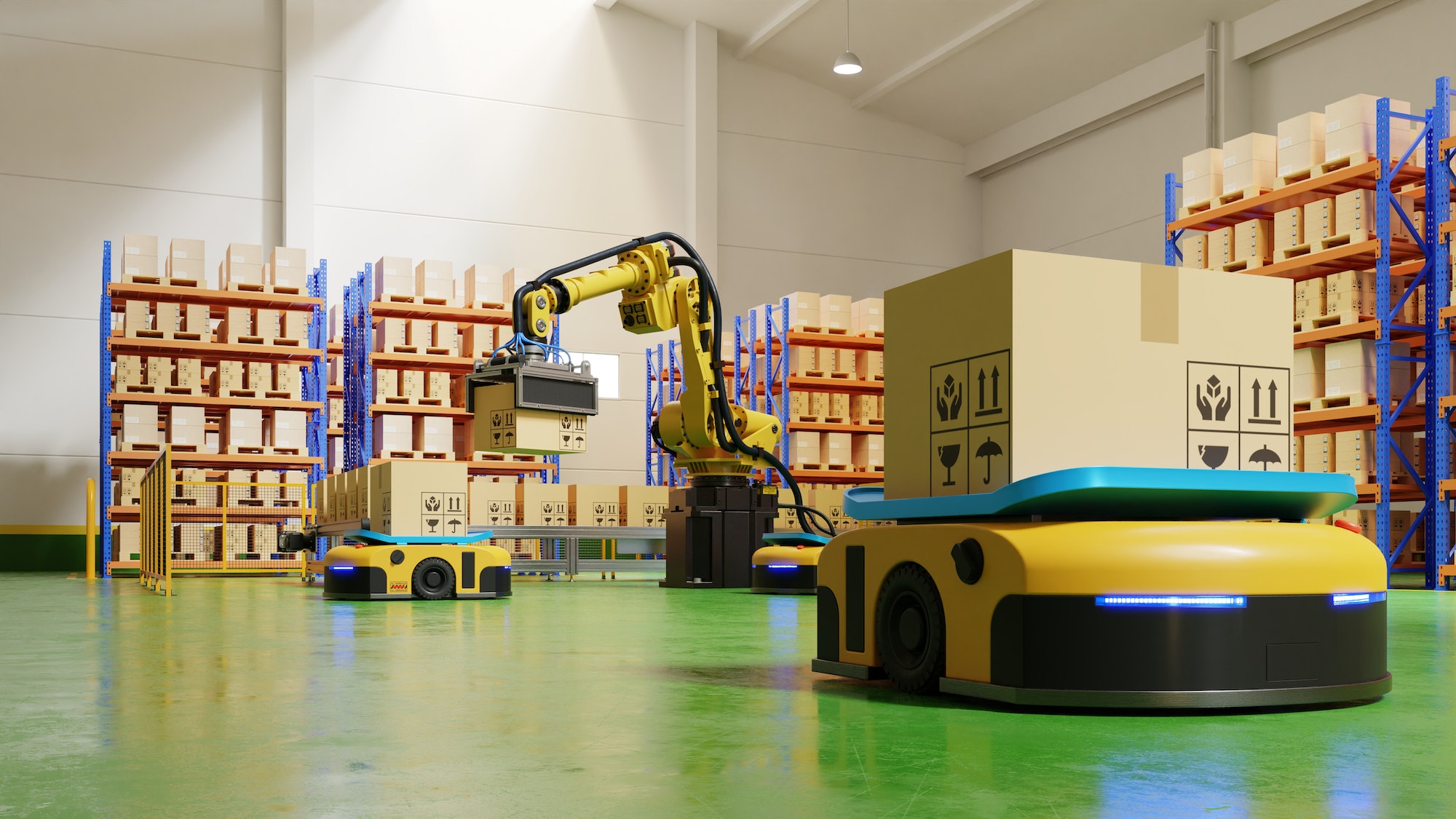Automation is widely used in several industries, but there are still companies that have not adopted it. There are several challenges to be faced when deciding to adopt automation.
Challenge 1: Initial investment
Automation requires a significant initial investment in automated machines and software. This represents a challenge for many companies.
Challenge 2: Employment
Automation can create concerns about employment. Employees fear losing their jobs due to the replacement of automated machines.
Challenge 3: Planning and management
Automation requires careful planning and management. Companies must manage the data collected by automated machines securely and comply with privacy and data security regulations.
The acceleration of automation during the pandemic
The pandemic of COVID-19 has accelerated the transition to automation in many sectors, as many companies have had to adapt to remote work and changes in market dynamics.
Strategic approaches to automation
Companies that adopt automation strategically can improve their productivity, reduce costs and improve quality. Companies must meet the challenges of automation with careful planning and management.
Creation of specialised jobs Companies adopting automated solutions can create specialised jobs, as employees can develop advanced technical and management skills.

Artificial Intelligence and Automation
Artificial intelligence and automation
Artificial intelligence (AI) is becoming increasingly important in automation. AI can improve automation through machine learning, which enables machines to adapt and improve their performance. AI can also support automated decision-making, speeding up decision-making processes and reducing human errors. AI is particularly useful in analysing data collected by automated machines to generate valuable information for the company. The adoption of AI requires careful planning and management, as AI is subject to many privacy and data security regulations. However, introducing AI into automation can provide companies with a competitive advantage and increase productivity.
Automation is a driving force behind transformation
Automation is one of the driving forces behind the digital transformation that is changing the world of work and the economy. Automation is the use of technologies such as artificial intelligence, robotics, the Internet of Things and cloud computing to automate processes that previously required human intervention. Automation has the potential to increase the productivity, quality, safety and sustainability of industrial and service activities. At the same time, automation also brings challenges and risks for workers, businesses and society as a whole.
The future of automation in industry and the global economy will depend on several factors, including the level of technological innovation, public policies, market dynamics, consumer preferences and worker skills. Some possible scenarios are:
- An acceleration of automation that leads to greater efficiency and competitiveness of companies, but also to a reduction in the number and quality of jobs, greater inequality and less social participation.
- A moderation of automation balances the benefits and costs of technology, maintaining a central role for humans in the production process and economic system, but also limiting opportunities for growth and innovation.
- A transformation of automation that favours the creation of new business models and new forms of work based on collaboration between humans and machines, customisation of products and services, circularity and social responsibility.
In order to realise the most desirable and sustainable future of automation, a multi-disciplinary and multi-stakeholder approach is required, involving all stakeholders: policymakers, businesses, trade unions, civil society organisations, research and educational institutions, media and citizens. This is the only way to make the most of the opportunities offered by automation and at the same time address its challenges.
Conclusion
Automation represents the future of industry and the global economy. Companies that adopt automation strategically will be able to maintain a competitive advantage in the increasingly fast-paced and technologically advanced global market.





0 Comments